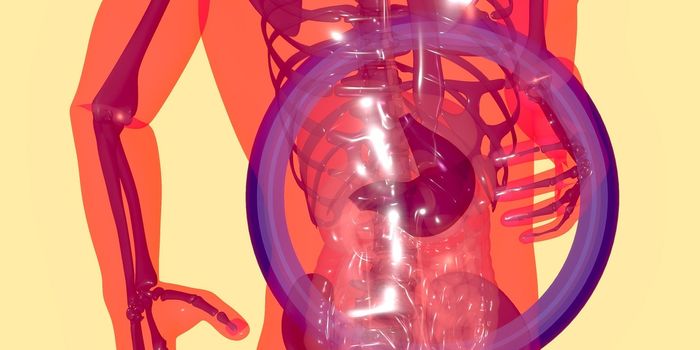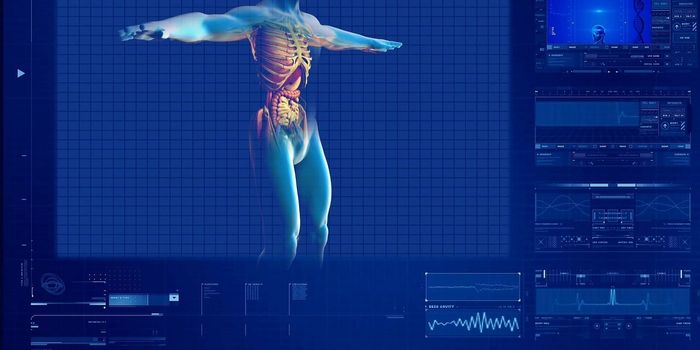Blood test to detect brain cancer
Research published recently in the journal Nature Communications, a new study details the potential of a blood test that is capable of identifying brain cancer with 87% accuracy. The study was led by Dr. Matthew J. Baker, a reader in the Department of Pure and Applied Chemistry at the University of Strathclyde in Glasgow, United Kingdom.
Brain cancer is a devastating diagnosis to receive, as it comes with a less than 33% chance of a five-year survival rate. However, even getting to the point of receiving a diagnosis is a challenge, as linking the nonspecific symptoms that a brain tumor presents to the actual disease poses quite an obstacle for doctors.
Study co-author Dr. Paul Brennan, who is a senior clinical lecturer and consultant neurosurgeon at the University of Edinburgh in the U.K., commented, "Diagnosing brain tumors is difficult, leading to delays and frustration for lots of [people]. The problem is that symptoms of brain tumor are quite nonspecific, such as headache, or memory problems. It can be difficult for doctors to tell which people are most likely to have a brain tumor.”
In addition to this, the diagnostic tools that we have in place currently are expensive and invasive, making the possibility of a blood test evermore crucial. Dr. Baker says, "This is the first publication of data from our clinical feasibility study, and it is the first demonstration that our blood test works in the clinic."
In conducting the study, the researchers used a technique called attenuated total reflection-Fourier transform infrared (ATR-FTIR) spectroscopy combined with machine learning technology to identify and detect brain cancer. Out of 104 people, the test had an 87% accuracy detection rate.
"With this new test, we have shown that we can help doctors quickly identify which [people] with these nonspecific symptoms should be prioritized for urgent brain imaging," says Dr. Brennan. "This," he adds, "means a more rapid diagnosis for people with a brain tumor and quicker access to treatment."
Sources: Medical News Today, Nature Communications









